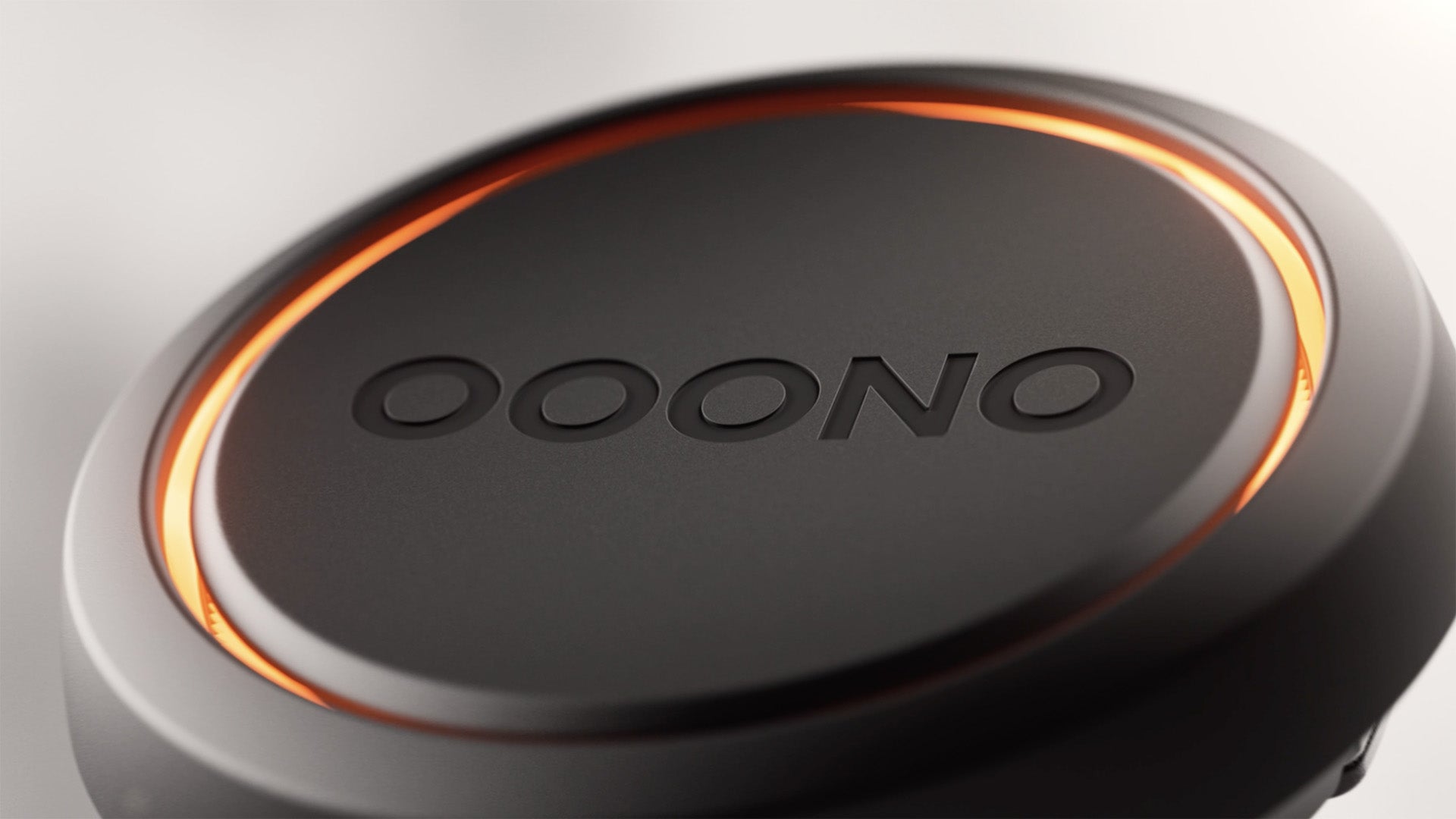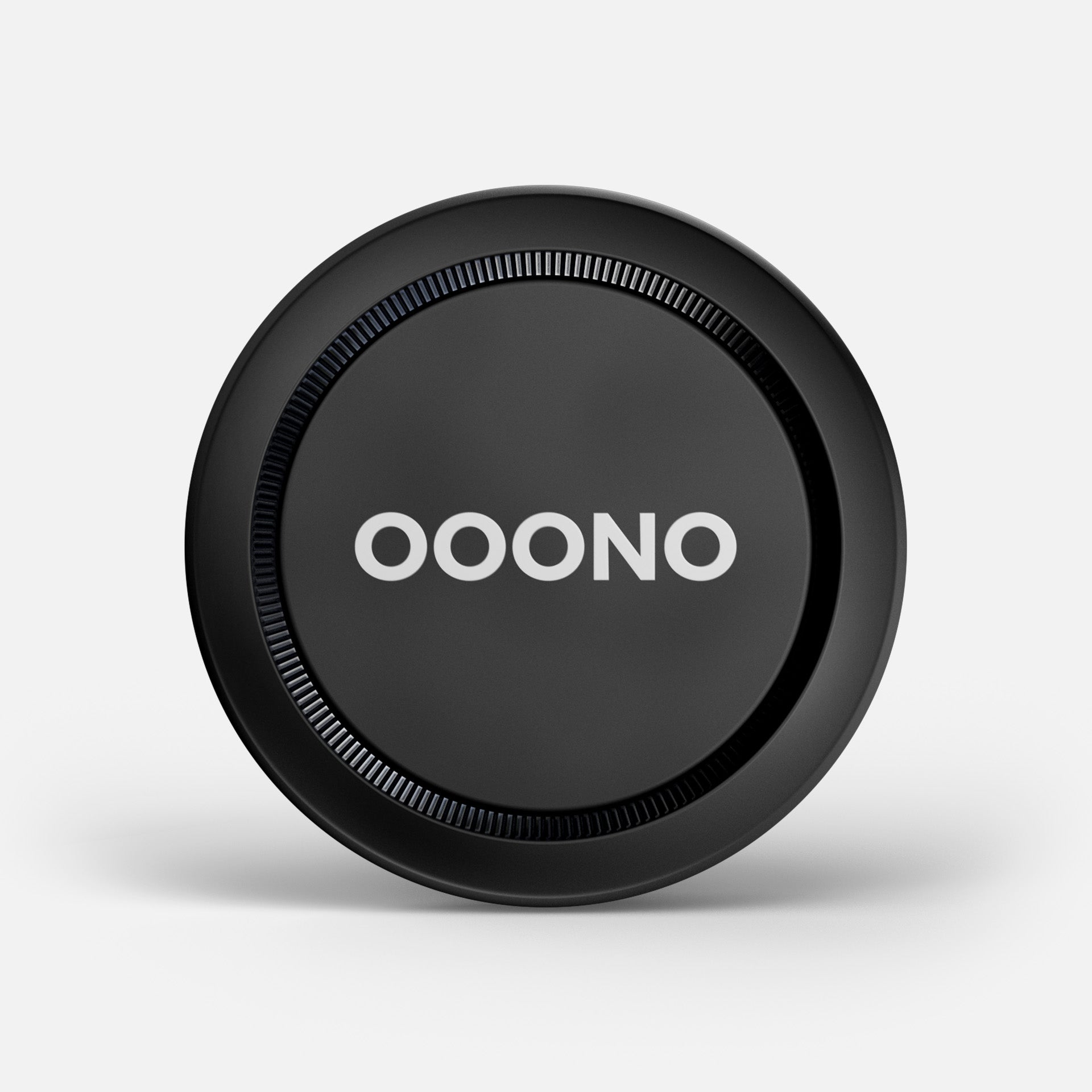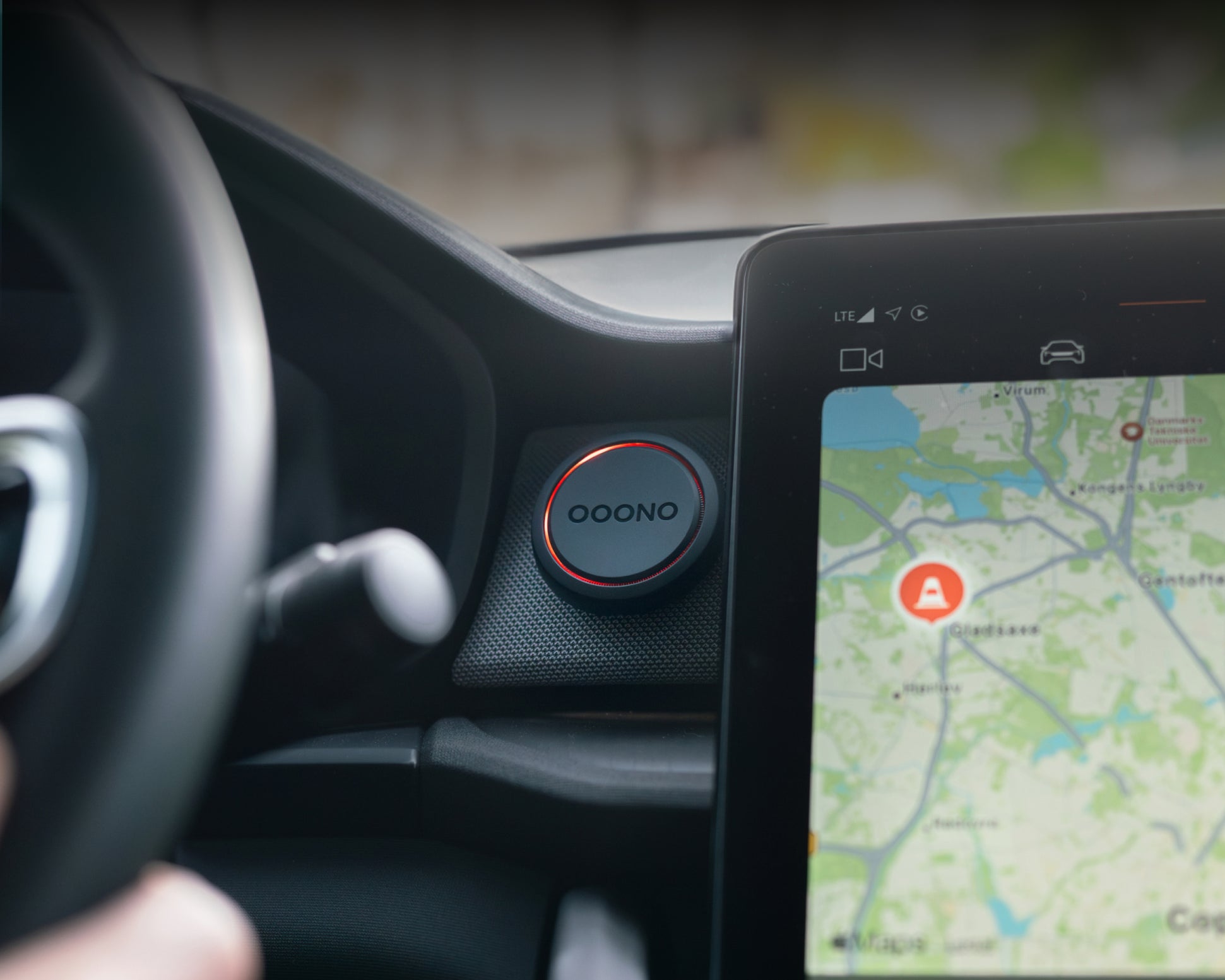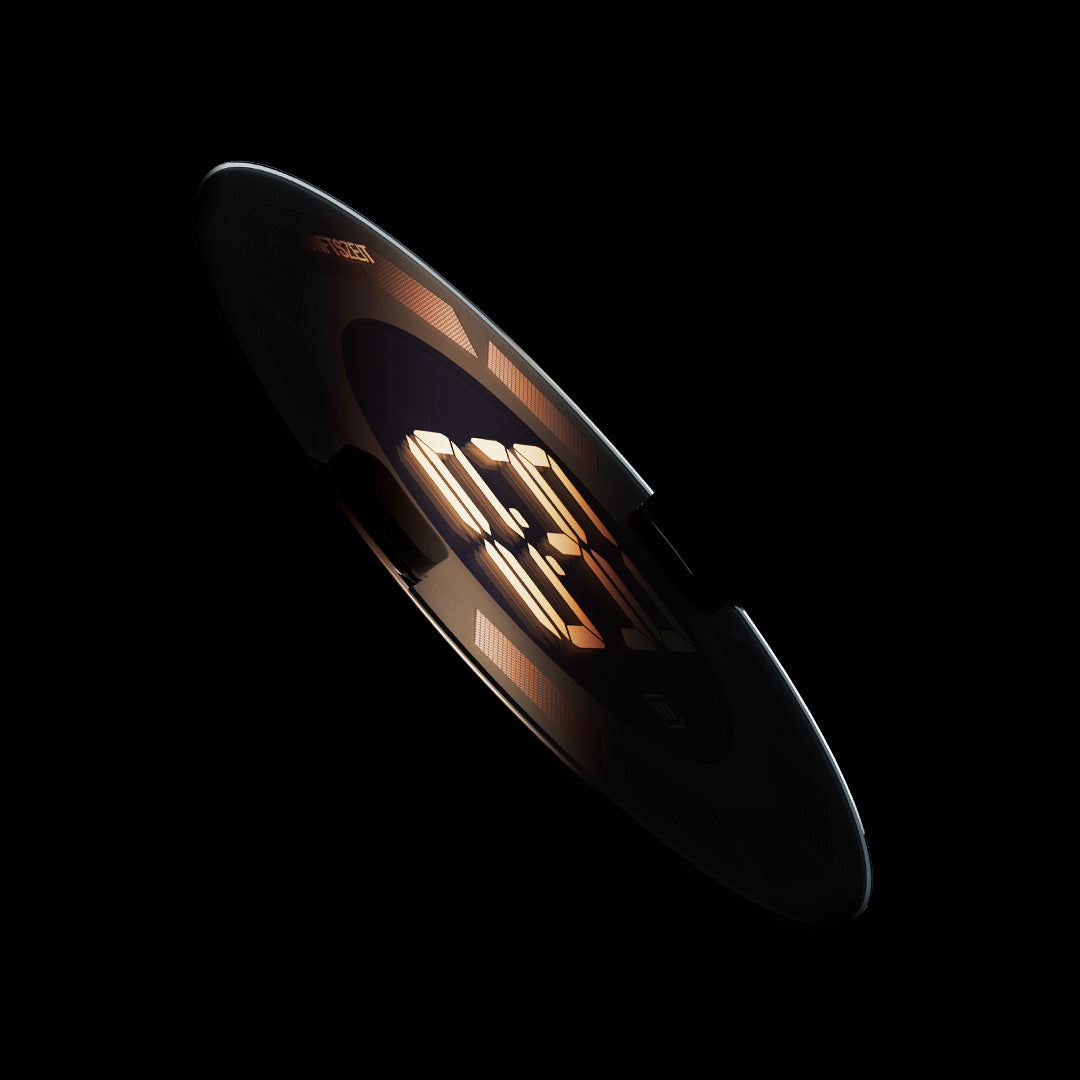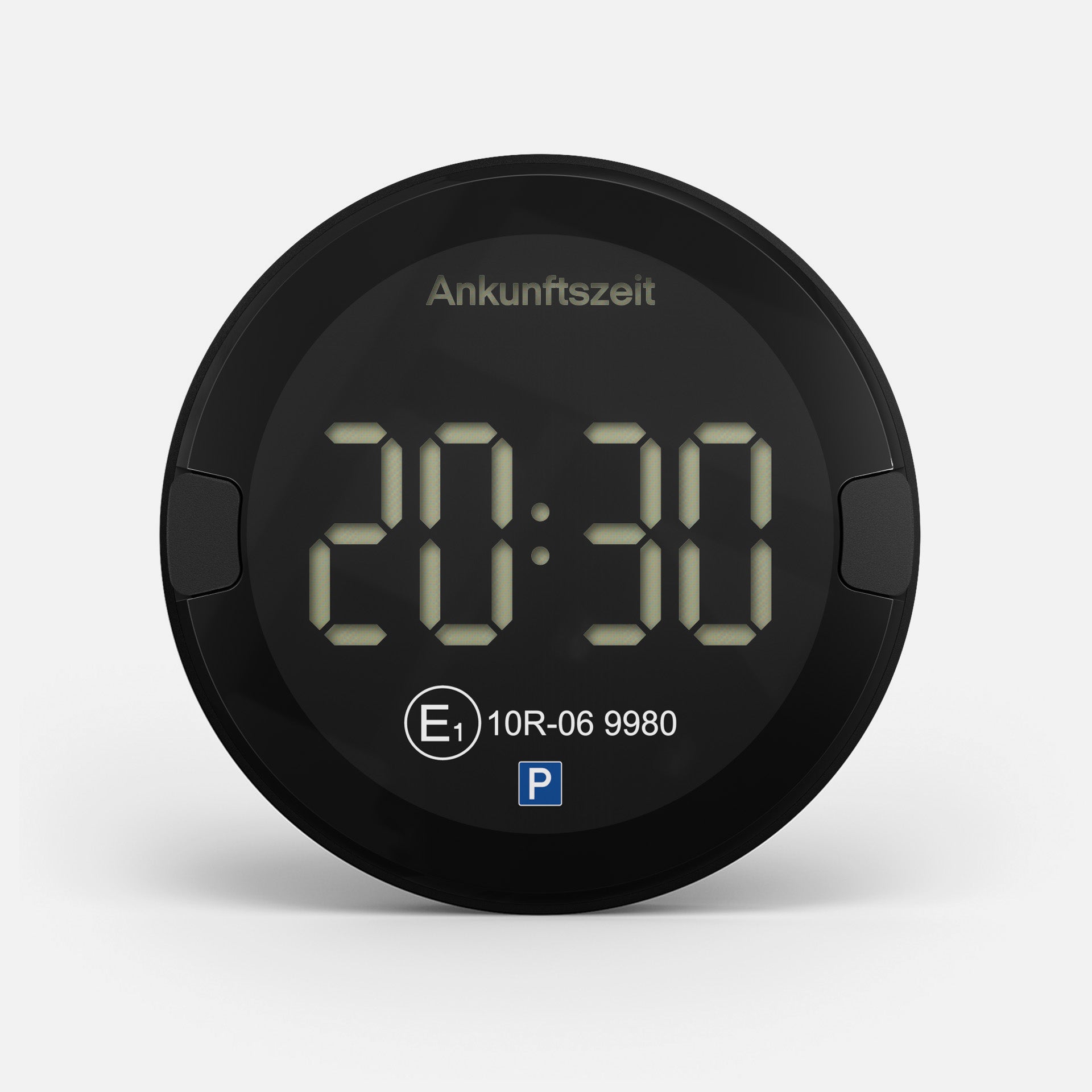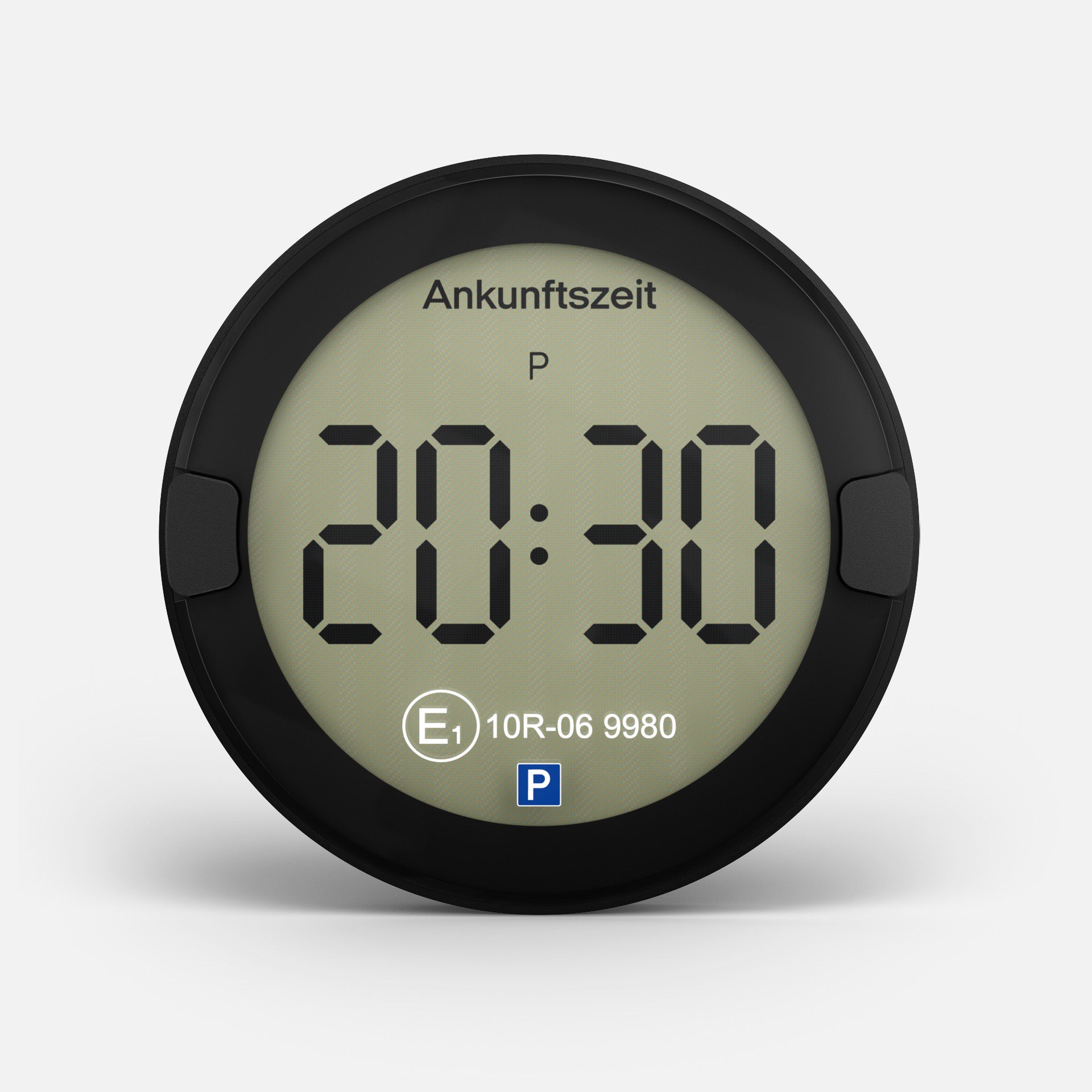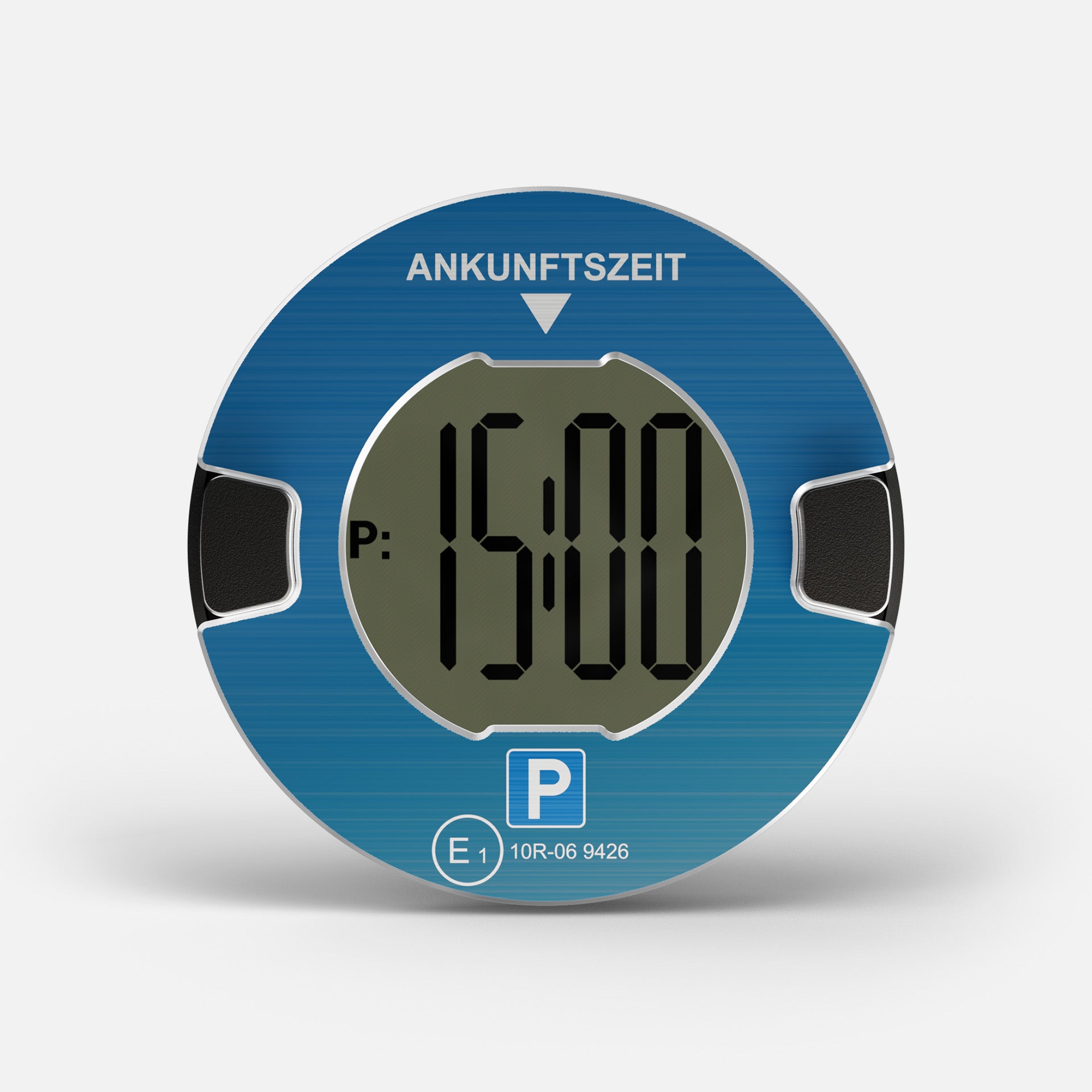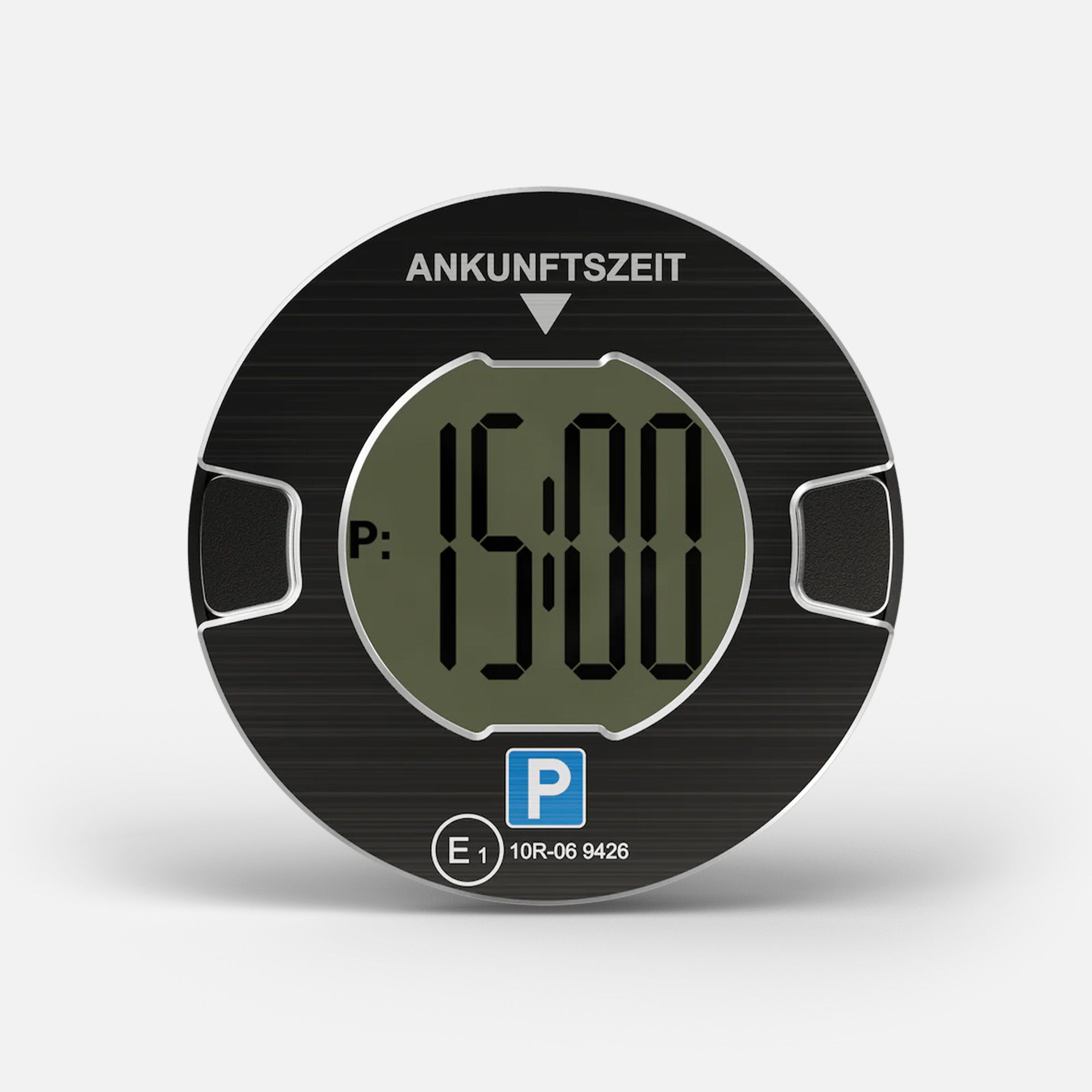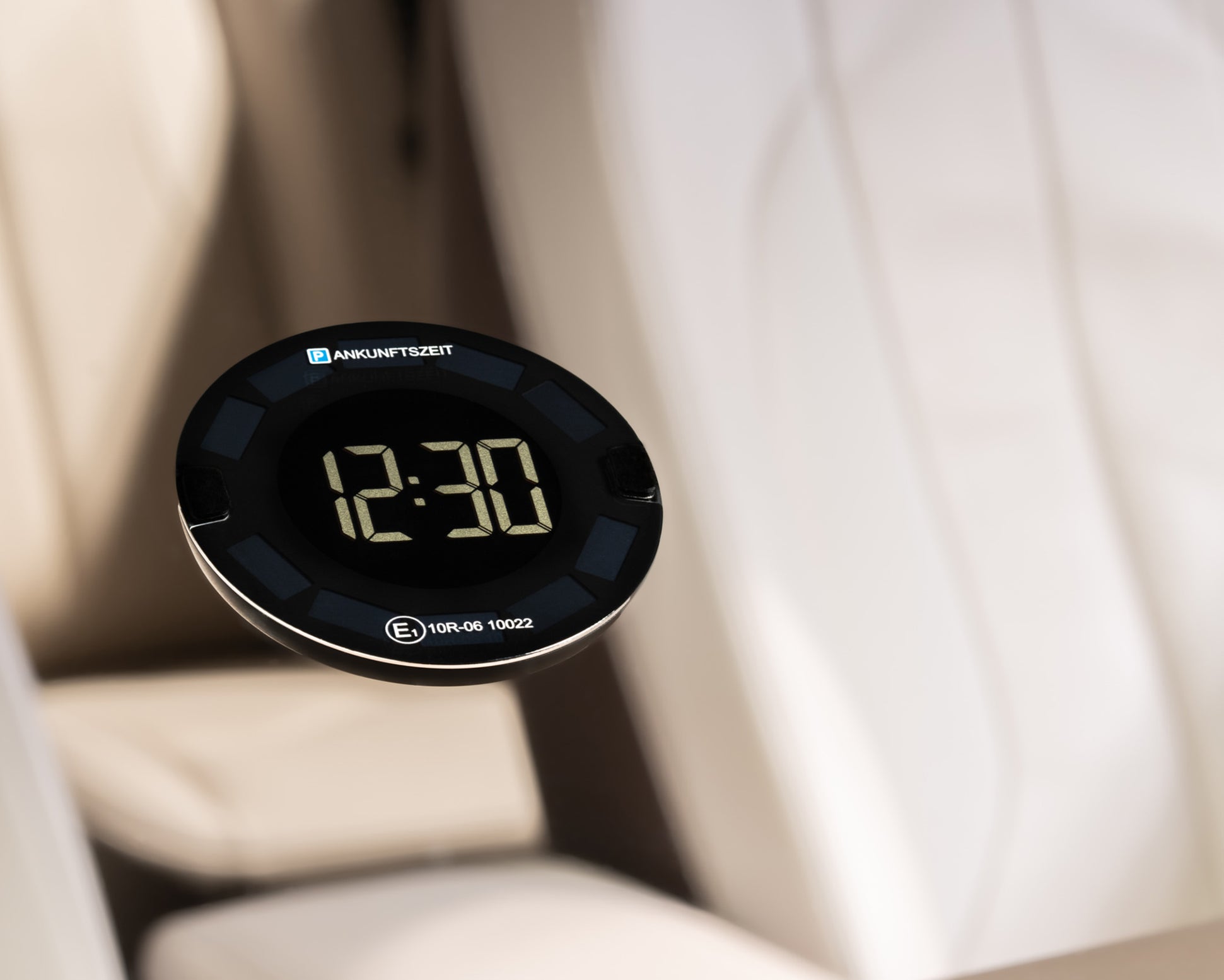OOONO is developing the world’s smallest AED: Wants to make the AED common property and create yet another successful business
The Danish tech scaleup OOONO is using its year-on-year growth to extend its business again and has embarked on developing the world's smallest AED, Joule. The ambition is to make AEDs accessible to everyone, contribute to saving more lives, and create yet another business success while emphasising the scale-up's vision of creating a safer everyday life. Earlier this year, OOONO announced the assault alarm Sirène and published a record-breaking financial report, disclosing the company had doubled its revenue and profit in 2022.
8 out of 10 cardiac arrests happen at home
There are approximately 5,000 cardiac arrests annually in Denmark. More than 4,000 happen in private homes, where an AED is usually far away, resulting in only 7% receiving help before the ambulance arrives. This is despite Denmark being a frontrunner in systems and initiatives promoting action in the event of cardiac arrests:
"We already have good initiatives and systems in Denmark facilitating action whenever cardiac arrests happen, including the Volunteer Responder Program and publicly accessible AEDs. However, that doesn't mean we can't do more to save even more lives. Since the majority of cardiac arrests happen in private homes, where AEDs aren’t available, we identified a need for rethinking the AED: Imagine if they became common property and were available where they’re needed the most," says Christian Walther Øyrabø, CEO of OOONO.
The best AED is the one that arrives first
Despite most cardiac arrests happening in private homes, no obvious or affordable solutions are available to ordinary consumers. This is precisely what OOONO, and its subsidiary OOONO Medical A/S driving the Joule project, want to change: In addition to addressing end consumers directly, the idea is to make AEDs more accessible with everything that entails. Jacob Løth Christensen, CEO of OOONO Medical A/S, explains:
"Our ambition is to develop an AED for ordinary people. It should be so intuitive that anyone, regardless of age, instinctively knows how to use it. It should be so small that it can be placed anywhere in the home and portable for trips in nature, vacations, or summer houses. Finally, and most importantly, it should be affordable for ordinary people, and those in high-risk groups, enabling them to purchase their very own. In short, we’re creating the world's smallest and most intuitive AED that ordinary people can afford."
The hope is that this will spread more AEDs, increasing the likelihood that those in need will receive timely assistance. Whatever brand that AED has is secondary - the best AED is the one that gets there first. Outside of the tech scale-up, there is backing for the Joule project too:
"We know that early defibrillation is crucial for increasing the likelihood of survival during cardiac arrest. I’m convinced that the spread of a personal AED like Joule will contribute to an even faster response than what we see today and help save even more lives," says Mads Chr. Tofte Gregers, Medical Doctor, Ph.D., Regional Emergency Medical Services, Capital Region of Denmark.
Rethinking the AED takes courage, determination, innovation, and bold moves
Developing an AED, classified as a category 3 medical device, isn’t done overnight. It’s a highly complex area that requires specialised knowledge, involves rigorous certification processes, and, of course, takes a significant amount of time and funding. According to Christian Walther Øyrabø, it’s likely that it’s due to the complexity of the industry that we’ve seen limited progress in this field.
However, the complex task didn’t intimidate the OOONO team. Rather, they identified a billion-dollar market and believed that by turning it upside down and privatising the AED, it would eventually make for an even larger market.
"We embarked on this project because we saw an opportunity to save lives and create a successful business. And because we dare to do it, even though we know it’s a complex and heavily regulated market. But of course, we’ve been called crazy a few times already on this journey. However, we’ve also received a lot of positive feedback from people in the industry because we bring new perspectives and processes to it. We’re a breath of fresh air," says Christian Walther Øyrabø, CEO of OOONO.
A strong international team and project collaborations
OOONO is probably best known for its traffic alarms. Earlier this year, the tech scaleup announced the personal assault alarm named Siréne, together with their vision of creating a safer everyday life. This is once again emphasised with this project.
Initially, one might think there’s a long way from developing and selling traffic and personal assault alarms to creating the world's smallest AED. Therefore, OOONO Medical A/S has secured help from some of the best in the industry. In addition to their core team with specialised knowledge in the field, they’ve established a project collaboration with the German company Corscience, recognised as one of the world’s leading development companies in defibrillation. Commenting on Joule as a project, Joerg Pintaske, CEO of Corscience, says:
"We’re excited to be part of such an important project as Joule and contribute our expertise as one of the leading development companies in defibrillation. After more than 20 years of developing defibrillators, we are sure to say that Joule is extremely ambitious and innovative - not only in terms of the defibrillator itself but also in terms of the approach to the development and market. OOONO is pushing boundaries within our industry.
